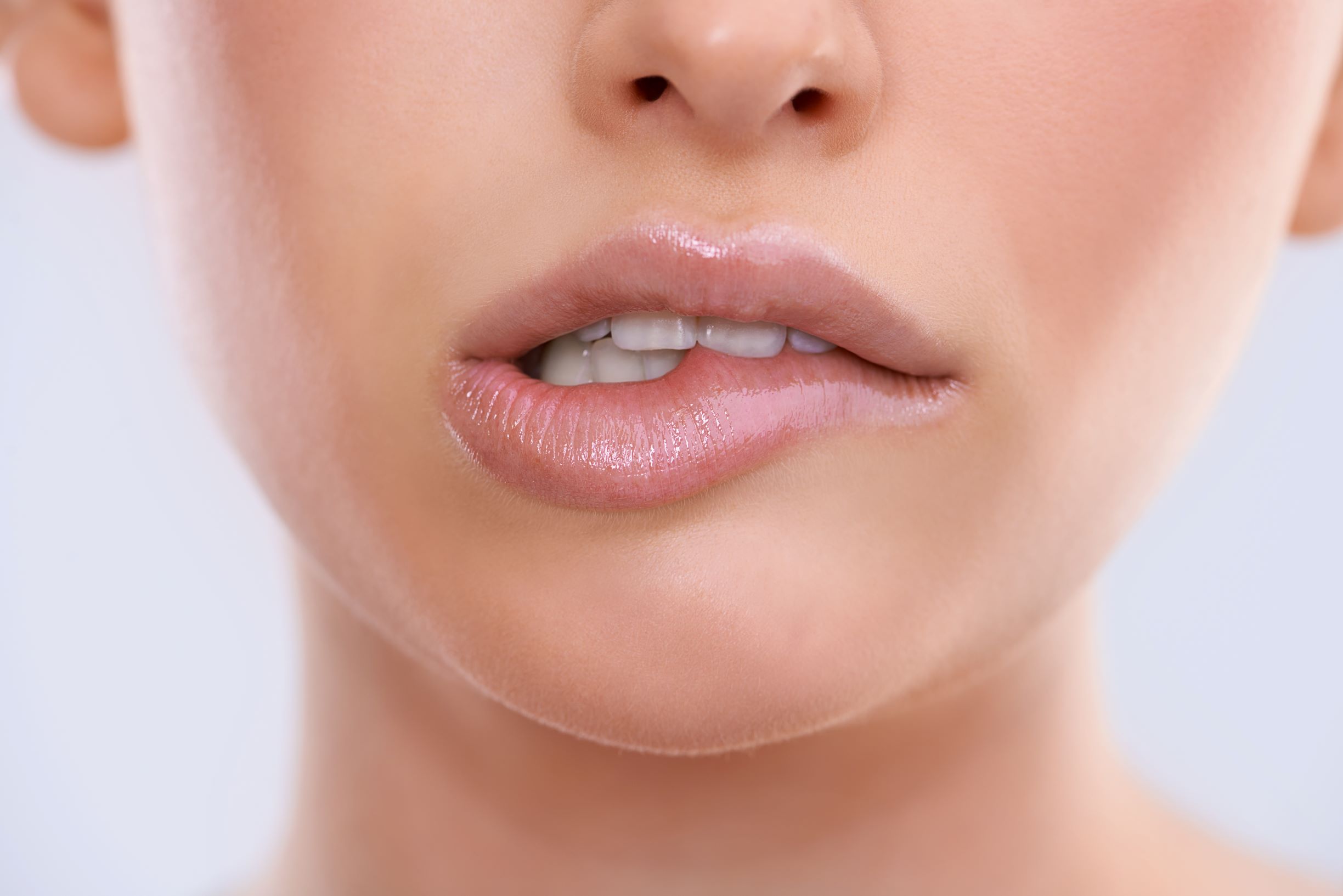
No doubt, you’ve heard that stress affects your heart, mind, diet, gut health, cognitive health, and even your daily behaviors. But there’s one aspect that many people fail to discuss, and that is how stress affects oral health.
Whether you’re conscious of them or not, stress leads to many biological reactions or habits that are harmful to your teeth, gums, lips, and throat.
Stress and Oral Health: 8 Actions that May be Harmful
1. Tooth grinding or clenching
Perhaps the most significant effect of stress on oral health, tooth grinding or clenching can cause a variety of issues. It’s unclear why it happens, but anxiety and stress are the main cause of tooth grinding, especially while you sleep. The action can lead to:
- TMJ, a jaw disorder characterized by pain and discomfort
- Headaches
- Damaged, chipped, or broken teeth
- Wearing away of the tooth surface
TOOTH GRINDING IS ALSO KNOWN AS BRUXISM.
2. Nail biting
In addition to damaging your nails and nail bed, biting your nails can damage your teeth as well. It also may lead to the transfer of germs from your hands into your mouth, leading to infections or ulcers.
3. Chewing, squeezing, or picking on your lips
Especially common among children and young adults, a nervous habit many people have when they are stressed or anxious is biting on their lower or upper lips. You may also find some people squeezing a lip with the thumb and forefinger or picking on the skin with their fingers.
Such actions may lead the lips to become chapped, swollen, or even bleed.
4. Constantly clearing your throat
Usually when people clear their throat, it’s because it’s dry or they are under-the-weather. However, in some people, constant throat clearing or clicking may be a nervous reaction to a stressful situation or anxiety.
5. Poor Oral Hygiene
Depending on the extent and cause of the stress, some people may start to skip toothbrushing or flossing. If the stress is due to a time-consuming, exhausting project, for example, some people may find themselves skipping their hygiene routine and heading straight for bed at the end of the day.

6. Overeating or choosing unhealthy foods
Stress eating is a real thing, and it’s serious. Choosing especially acidic or sugary foods can damage your tooth enamel. Eating greasy foods can lead to acid reflux, which over time may irritate the back of your throat. Additionally, when you’re stress eating, you may be reaching for whatever’s easily accessible and not necessarily nutritious foods that keep your teeth and bones strong.
7. Missing dental appointments
Individuals with clinical anxiety, social anxiety, stress, or depression may find it difficult to leave home. Others may be challenged by daily demands. Either way, stress can lead some people to cancel or miss those dental appointments, which can snowball into significant oral health concerns.
8. Smoking, drinking, or drug use
Smoking, drinking, and drug use can be bad for your lips, teeth, tongue, gums, and throat, but stress may lead some people to reach for a cigarette, an alcoholic drink, or illicit drugs. Many of these substances lead to acidic reactions in your mouth, dehydrate your body, dry out your mouth, and wear away tooth enamel.
PRESCRIPTION OR OVER-THE-COUNTER MEDICATIONS CAN AFFECT YOUR ORAL HEALTH AS WELL.
Gum Disease, Canker Sores, and Other Harmful Effects
These nervous habits or natural reactions to stress may lead to several additional issues, including gum disease, burning mouth syndrome, and canker sores or cold sores.
Eliminating or reducing stressors is critical to maintaining your oral health and improving your mental and physical health. Relaxation strategies such as meditation, increased physical activity, and reducing unnecessary stressors can help. You also may wish to speak with a mental health therapist.
Finally, if you believe that stress is affecting your oral health as described here, make an appointment to see Dr. Holtzman.
